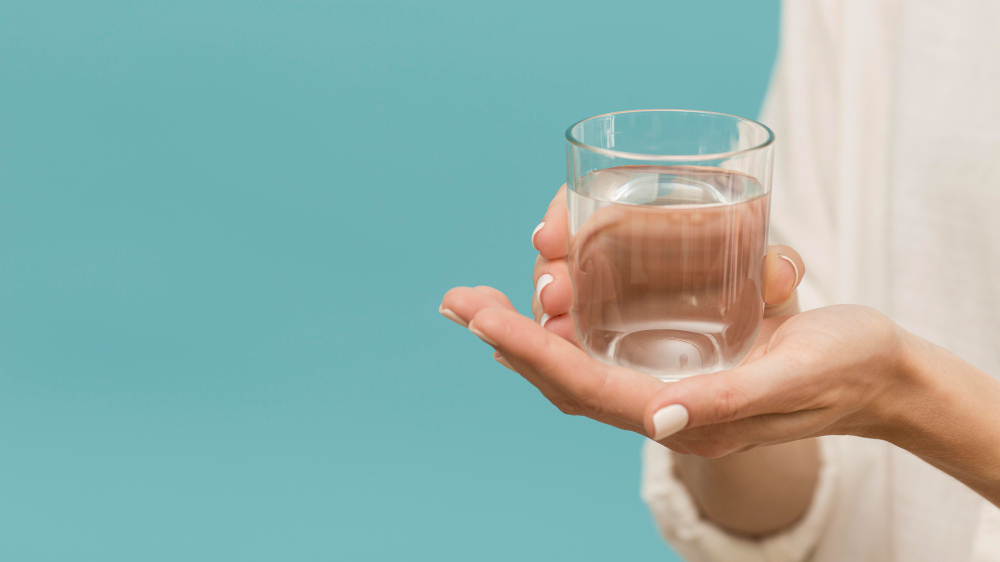
3 Best Reasons to Stay Hydrated After Weight Loss Surgery -
Table of Contents
Weight loss surgery or fat removal surgery collectively known as bariatric surgery works by altering the digestive system. It is the most effective on-going treatment for obesity and its associated metabolic complications. It is performed when diet and exercise have not worked for long duration and the risk of having serious health complications are high due to obesity or being overweight.
Why is hydration important?
Water in the body is essential for many important processes to take place. Good hydration is one of the important aspects of the diet. Drinking enough liquids to keep us hydrated and the fluid levels in the body which helps to ensure that all bodily functions are able to take place as normal.
From our blood system carrying essential glucose, oxygen and nutrients to cells, to the kidneys getting rid of waste products we no longer want, fluid in the body is vital to allow these to occur. It also lubricates our joints and eyes, helps our digestive system function and keeps our skin healthy.
Why to stay hydrated post bariatric surgery?
- Water helps your heart more easily pump blood throughout the body, maintains a healthy body temperature, removes toxins and waste and even keeps joints lubricated. If you’ve had weight loss surgery, staying hydrated is key to your recovery and weight loss.
- After surgery, anesthesia stays in the body for a short period. Drinking plenty of water can help flush the anesthesia from the system. During recovery, many people also take pain medications that can cause constipation. Water helps the digestive system work more efficiently, reducing this uncomfortable side effect.
- Drinking enough water on a regular basis is a lifelong commitment after bariatric surgery. Staying hydrated facilitates speedy recovery and ensures overall well being for a long period of time.
Strategies or ways to stay hydrated post bariatric surgery:
Whether you are preparing for weight loss surgery, or are struggling to drink enough water after surgery, here are some tips to help you avoid dehydration after bariatric surgery:
- Don’t drink water with meals. Drink water and eat meals at separate times to help keep you from filling up too quickly and missing out on essential nutrients. Bariatric patients should separate eating and drinking by at least 30 minutes.
- Carry water with you all the time whether you are at work place, at gym, in the car or anywhere outside.
- Sip or drink slowly. Drinking too fast or gulping can cause stomach pain, bloating or other problems like nausea or vomiting.
- Drink your fluids or water frequently throughout the day. Set a reminder to go off every 30 minutes to remind you to take a sip of water.
- Measure your fluids after bariatric surgery and keep track of the number of liters of water you’re drinking each day.
- Use a water tracking app on your phone to help. Daily Water Tracker Reminder, Hydro Coach, WaterMinder and iHydrate are just a few examples of apps available to help you track your water intake and meet your goals.
- Make ice cubes of clear liquids and protein shakes to suck on throughout the day.
- Mix things up by flavoring your water with lemon, lime, orange or cucumber. Crystal light, decaf teas and coffee, Vitamin Water Zero and other zero-calorie, decaf and non-carbonated fluids are allowed.

Can I eat sugar-free jello after bariatric surgery?
You’ll begin consuming a clear liquid diet while you’re still in the hospital within the first 24 hours after surgery. The primary goal of this diet is to keep you hydrated while also avoiding any possible irritants to your stomach. Clear liquids allowed on this diet include broth, water, and sugar-free gelatin.
How do you prevent dehydration after gastric sleeve?
Continuously sipping small amounts of water. Drinking beverages that contain electrolytes, like Pedialyte and Gatorade G2. Eating sugar-free popsicles. Receiving IV fluids (may be necessary if dehydration is severe).
Signs of dehydration post bariatric surgery:
Just as important as making sure you’re drinking enough fluids after bariatric surgery is knowing the signs of dehydration. Common signs of dehydration include:
- Dry mouth
- Feeling thirsty
- Decreased urine output
- Dark coloured urine
- Feeling dizziness
- Dry skin
- Rapid heart rate
- Feeling tired or irritable
Dehydration can lead to serious complications, which is why it is so important to ensure you are getting enough fluids after bariatric surgery. Some of the health complications of dehydration include:
- Urinary and kidney problems
- Kidney failure
- Seizures
- Low blood volume shock
Understand the importance of fluids and water after bariatric surgery and arm yourself with these tips to stay hydrated and avoid a return trip to the hospital after weight loss surgery.
Medically reviewed by Dr. Manish Motwani, Bariatric & Metabolic Laparoscopic Bariatric Surgeon — Written by Kaushal Tolani






